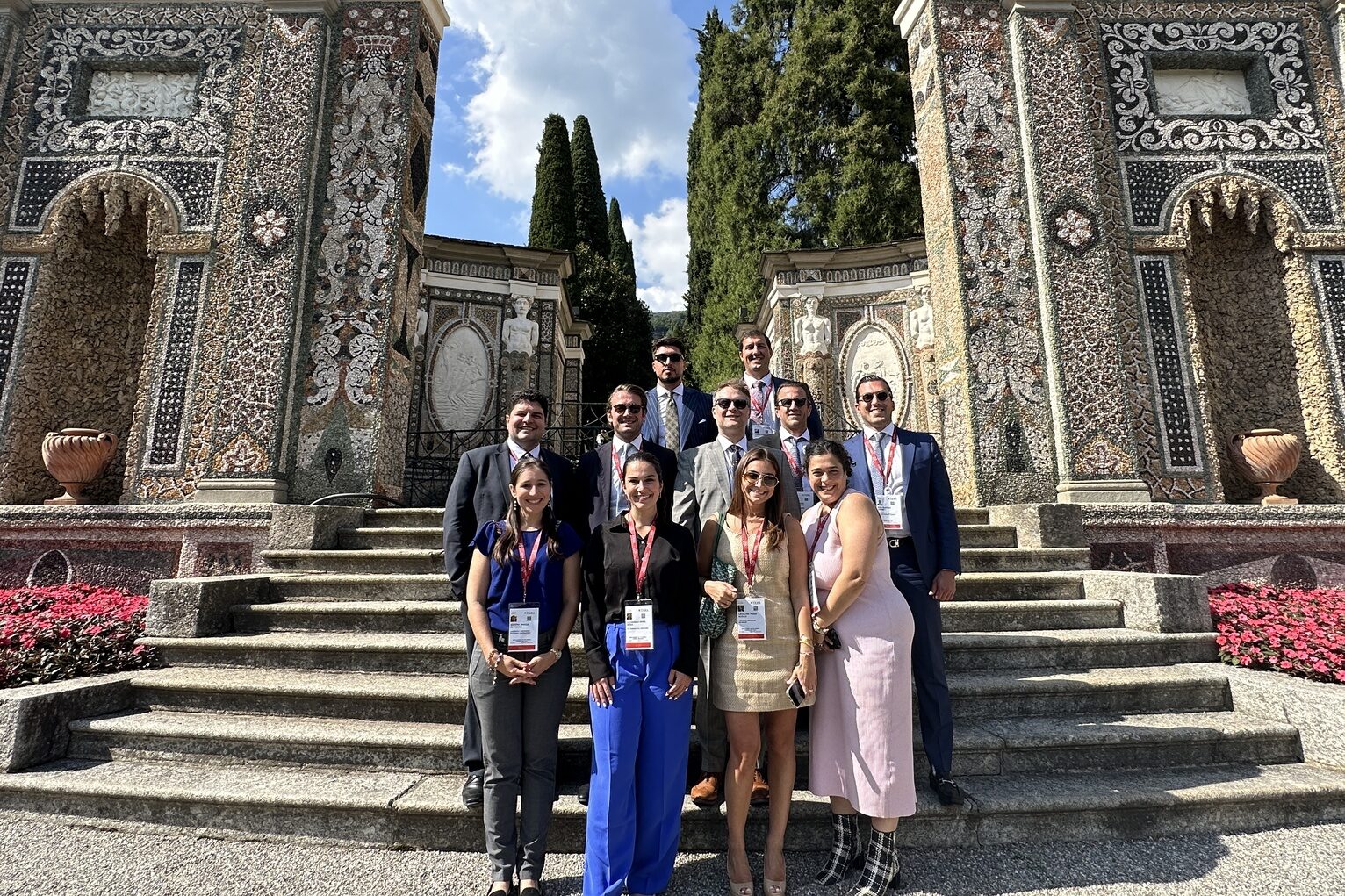Zeno Pisani was meant to shine among the Hollywood stars. For more than 20 years he has been speeding across the roads of Beverly Hills, West Hollywood and Rodeo Drive, jumping from an exclusive meeting to another.
Apparently, he is living the life. The one he dreamed of since he first stepped foot in Los Angeles, as a 21-year-old boy from Verona to study at UCLA. “I immediately loved the city and after 20 years, my love is still the same, if not bigger,” writes Pisani in our email interview.
We share the same last name, but are not related. Still, I relate to what he says about the Italian culture being different from the American in terms of open-mindedness toward young people and their talents.
“I travel often for work, back and forth, but the vibe that you have in LA for me is different. Maybe it is the weather, the particular light… I am not sure, but I feel inspired to do something,” he writes.
Pisani does. He is a talent manager and swims in a pool full of sharks. Referring to the advice of an elderly manager of never losing control, Pisani knows how to be smart, professional and honest. “I believe in these values,” he writes. Though, “you have to be ready for the race, while staying calm. Anxiety and fear are the worst enemies in this type of job.”
Looking at some of the stars Pisani has worked with Harrison Ford, Dustin Hoffman, Michael Douglas, Keanu Reeves, Robert De Niro, Sean Penn, Sharon Stone and Charlize Theron come up. “These are just to name a few of my recent clients,” he writes. His list is big and worldwide known.
My curiosity leads me to ask the question whether, or not, he considers moving back to Italy eventually. Pisani sees himself living in Los Angeles, or New York as second option, where the business is based. “Never say never,” he writes, but “meeting clients personally is a form of respect and professionalism.”
What inspired you to become a talent manager and broker of the stars? How did you become one and what is your role?
Since the beginning, I was interested in the commercial and managing side of the business and I was attracted by the challenge Hollywood could offer. I was lucky to find the right people at the right time and I was introduced to important agents, as well as producers. This brought me to start building my connections. I come from a family of entrepreneurs. So, I joke saying this is probably part of my DNA. I’m a broker, a mediator. My role is to work directly with U.S. talent agents and top-tier agencies to coordinate major events programming and endorse contracts in Europe. I act as a liaison between both European clients and producers with U.S. talent agencies, for actors, singers and athletes. I help my clients reach the stars they desire and consult clients that are interested in the U.S. market. I love this work because you have the opportunity to know a lot of people in the movie world, which is an exciting environment.
More and more, I have heard that television shows are receiving more funds than movies. As a talent manager what can you tell us about this evolution, or revolution?
There is more stability for actors in television. Producers are willing to invest and commit to a show, where there is more job security. TV Shows could go on for several years, if successful. Television productions are often huge with high quality products and well-written scripts. The types of shows vary widely with interesting themes and companies, like Amazon and Netflix, that have their marketing based around such creativity. It’s not a surprise that a huge number of actors do television, increasing the level of the final product, let’s just take into consideration some popular ones such as House of Cards, or network fare like Modern Family and The Big Bang Theory. Film projects, on the other hand, require time costly and higher risk investments. Maybe the reward is higher, but considering the famous directors and actors doing television, the playing field has evened out significantly.
Since you have been living in Los Angeles, in what way has the city and industry changed?
The city has improved over the last 20 years, especially downtown. Now it’s the place to be with new skyscrapers going up every year, beautiful hotels and restaurants in development around LA Live. Fifteen years ago, downtown was only office buildings with no nightlife. Also the film industry has changed. Netflix, Amazon and others now hold the power to produce television series with big actors and huge budgets. Social media has become a force in promotion and marketing. The economic slump of 2007 reduced the number of commercial contracts, but we are finally back to that level and social media has become a key part of that return, as a powerful form of endorsement itself. Lately, Hollywood has become more rigid to enter with a careful selection of who is taking the deal after a couple of unpleasant history involving Jennifer Lopez and Hilary Swank.
Through your years as a talent manager, what client or project made you feel like you had “the best job ever”?
Even after 15 years of experience, closing a deal is the best feeling ever. I compare it to acting a university exam. The moment after, when you release the stress and you have reached your goal is unique. Every deal is different and presents a new challenge. I personally have always been a fan of Al Pacino. It was a pleasure working with him. The first time I met Al Pacino was through an Italian consultant company in relation to an appearance he had to do in a well-known television show. He had never done this sort of thing before, on a European show, but he was enthusiastic and had a lot of fun. I appreciated his professionalism and learned how important the theater, as well as Shakespearean operas were in the formation of his career.
Please tell us an anecdote of your years in Hollywood.
Mostly I have to keep it private out of professional courtesy. Still, I can say that I am regularly impressed by the list of things artists require in their dressing rooms, or in the trailers before filming a show, a movie or commercial. Certain items maybe required by the management and the artists end up never using them, but those objects have to be there, just in case. I recall some very specific requests from stars, such as a famous singer wanting only white tulips as flowers, an actor a hat from the local sport team for his personal collection, wherever he goes, and an actress wanting a certain type of homemade artisanal gelato. These types of desires are common, but the most bizarre one was the demand of an actress to have a very specific type of spa tub in the bathroom of the hotel. The room, as well as the hotel, couldn’t be approved until all the details of the tub with corroborating photos were confirmed.
Where do you see yourself three years from now?
Following my dream, while increasing my list of clients around the world. I would love to do an endorsement campaign or work in some projects with an Italian company based in the United States for the local market. It would be nice to do something for people that have a similar story as my own, with the same roots.




























